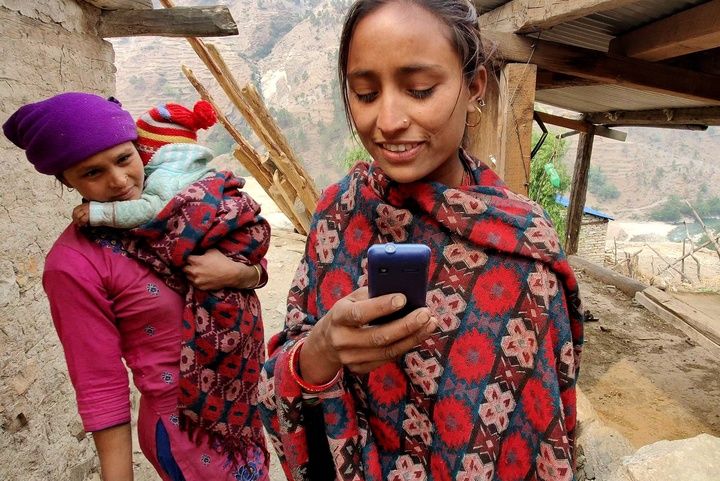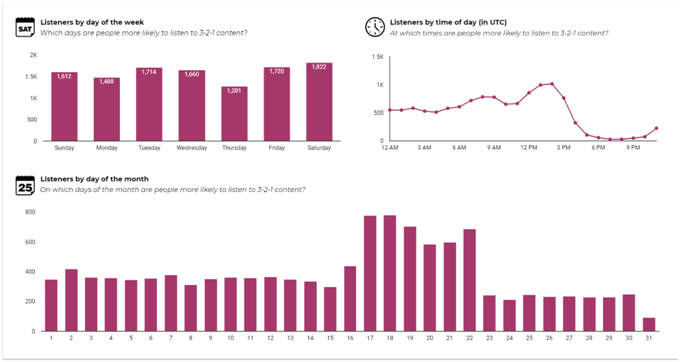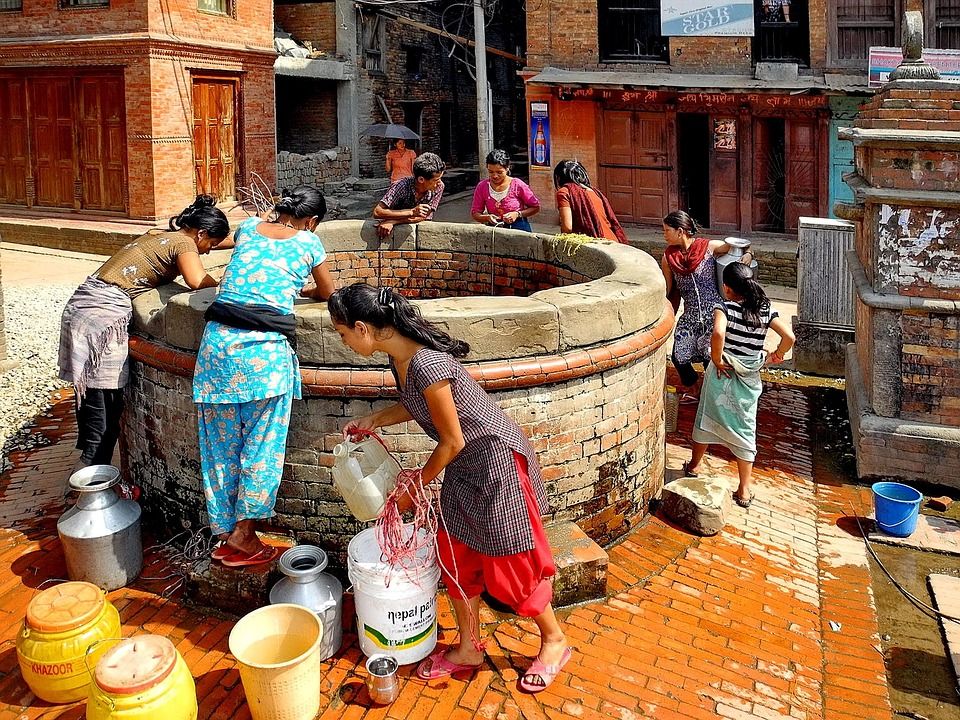In Nepal, women and girls are vulnerable to harassment, health risks and assault from a lack of access to water, sanitation and hygiene, or WASH.
Without access to latrines, about 10% of the population are forced to relieve themselves in fields and forests before dawn and after dark. Women and girls are disproportionately affected by this lack of access and its resulting vulnerabilities.
Viamo’s platform hosted a unique digital strategy to distribute information on handwashing and menstrual hygiene using simple mobile phones. This was done together with nonprofit SNV, in collaboration with Nepal Telecom (NTC) and the government of Nepal.
The project involved collecting information and dispelling rumors and myths spread about handwashing, COVID-19 and menstrual hygiene, which may have been contributing to the rise of misinformation in rural Nepal.

A Mobile phone user in Mugu (Photo Credit: Suyog Raj Chalise, 2021)
The Viamo Platform: Connecting rural Nepalese Women
Targeting women in low-resource areas and focusing on social behavior change, the campaign was designed and tested in six districts where WASH interventions are being carried out through SNV’s Water for Women – Beyond the Finish Line sustainable water projects for women in rural areas.
By hosting content and key information on the Viamo Platform, more than 300,000 users in rural Nepal were reached with crucial information via text messages. Nearly 25,000 users received pre-recorded voice calls.
These messages included facts about hygiene and sanitation to help users gain basic knowledge, and change their attitudes and behaviors.
Callers dial a shortcode and are connected to the Viamo Platform which delivers information on health, education, agriculture and other relevant topics in local languages.
The service is available to more than 21 million Nepal Telecom subscribers, making it one of the most far-reaching and sustainable mass-communication services available.
”“Girls face several problems due to menstrual hygiene practices. I am confident that this initiative will play a vital role to improve menstrual health practices, including in schools in Khadak Municipality.”
Yesmin SulatanVice Mayor, Khadak Municipality
The content is also accessible through an interactive audio narrative game, Wanji Games, that users can access from basic mobile phones. This revolutionary game helps users learn how to use important information provided on a range of topics including handwashing, menstrual health and hygiene practices in their daily lives.
The game generated an 85 per cent engagement rate among callers within a few weeks of launch.
The platform’s content will be available until August 2022 and can be accessed on-demand, free of charge, by all NTC subscribers.
Thousands of Nepalese women have now benefitted from understanding how hygiene is essential for preventing infectious diseases, accessing economic opportunities and ensuring healthy environments.

Through Viamo’s real-time interactive impact dashboards, SNV is able to track and share engagement metrics thus boosting monitoring and reporting abilities.
In addition to offering digital services for SNV’s WASH program, Viamo also provided guidance on global health challenges such as COVID-19 and its aftermath.
A free rumor-tracking digital campaign hotline allowed residents to report myths and rumors being spread about the pandemic. Over the course of two months, there were 204 rumors registered on the hotline.
In one city, social mobilisers led a community training on the use of the hotline and how to access it. This city also received the highest number of calls.
To combat COVID-19 and WASH rumors, Viamo and SNV co-created key messages that were communicated through the Viamo Platform.




